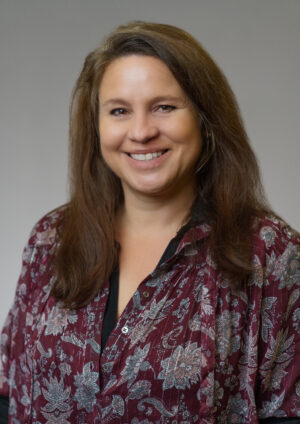In conjunction with faculty and students from Virginia Tech, faculty of LSU-SPH’s Environmental Health, Climate and Sustainability Program summarized lessons learned in various community science projects. Community projects focused on monitoring and treatment of drinking water were conducted in the communities of Washington, DC; Flint, MI; St. Joseph and Enterprise, LA; and elsewhere. Researcher results often contradicted official messaging regarding water safety, leading to increased media coverage, declared water emergencies, and financial relief. The team’s process for engaging citizens is presented, including a retrospective analysis of outcomes and lessons learned for the small percentage of cases in which citizen concerns were confirmed.
ABSTRACT
– Citizen science is utilized by the water industry to collect samples under the provisions of the U.S. Environmental Protection Agency Lead and Copper Rule. Citizen science was also used in Washington, DC; Flint, MI; St. Joseph, LA; and elsewhere to contradict official messaging regarding water safety, leading to increased media coverage, declared water emergencies, and financial relief. Herein, we share our team’s process for engaging citizens, including a retrospective analysis of outcomes and lessons learned for the small percentage of cases in which citizen concerns were confirmed.

